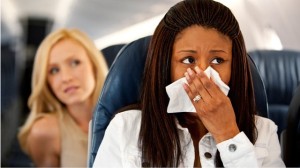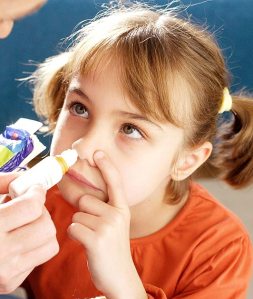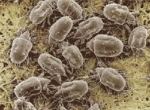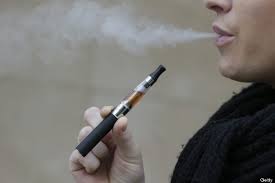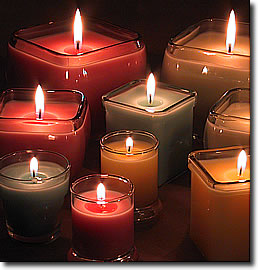The news feed is filled articles from across the U.S. warning of the perils of this year’s spring allergy season and that it is already underway and may be the worst ever.
Partnered with that is the results of a new study from the National Institutes of Health that found allergy prevalence is the same across different regions of the United States meaning people prone to developing allergies will do so no matter where they live. (The study found a different result for children aged 1-5, but that’s for another blog.)
So with about 26 million Americans enduring chronic seasonal allergies, according to the National Center for Health Statistics, and the number of people with milder symptoms potentially reaching as high as 40 million, what’s a population to do?
“Many resort to medications—both over-the-counter and prescribed–to help cure what ails them,” said Ed Neuzil, ARNP, PhD and owner of the Allergy Sinus and Asthma Family Health Center in Lady Lake, Florida. “It is important to know allergy drugs will not make your allergies go away. They may help alleviate symptoms associated with the various reactions people suffer with but you’ll still have allergies.”
Allergy medications come in the form of pills, liquids, nasal sprays, creams, inhalers and injections.
Corticosteroids helps to prevent the release of mediators triggered by the allergen expose thereby reducing symptom caused by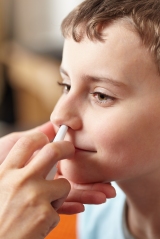 this chemical reaction which can lead to nasal stuffiness, sneezing, and itchy, runny noses. Corticosteroids almost always require a prescription.
this chemical reaction which can lead to nasal stuffiness, sneezing, and itchy, runny noses. Corticosteroids almost always require a prescription.
Antihistamines blocks histamine which is one of the mediators released by your immune system when you’ve been exposed to an allergic trigger. Antihistamines work best when taken before the allergic reaction to help ease symptoms. However, antihistamines may potentially cause drowsiness and general fatigue.
Decongestants come in both tablet and spray form. They can help with quick, temporary relief of stuffy noses experienced by many who suffer from seasonal allergies. Women who are pregnant, people with high blood pressure and possible cardiac conditions may want to check with a medical provider before taking a decongestant to alleviate symptoms.
“The challenge then becomes with these so-called extended allergy seasons is that people may increase their medication intake to be able to function and thus find themselves with another problem,” said Neuzil. “Overuse of the medications can trigger increased side effects and continued use of the over-the-counter decongestant nasal sprays may become “habit forming.”
Neuzil says it could eventually trigger a rebound congestion called “Rhinitis Medicamentosa” that can lead to detrimental health issues. Bottom line, he says, is that allergy sufferers need to try to do a better job of avoiding the allergic triggers.
Neuzil suggests trying natural approaches to symptom prevention such as staying indoors during peak pollen times, keeping your windows and door closed and using a good heap-filter on your heating/cooling systems.
He suggests using a nasal cleansing spray to rinse the nasal passages of various allergens and other types of inhaled pollutants. When outdoors and finished for the day, washing your clothes and showering off the allergens including the rinsing of the hair, eyes and nose once you’ve been exposed to the allergic triggers.
It’s certainly not easy to completely avoid allergic triggers but by taking these steps to reduce exposure, you could be developing good habits to help you through future allergy seasons, which according to experts, may only get worse.
